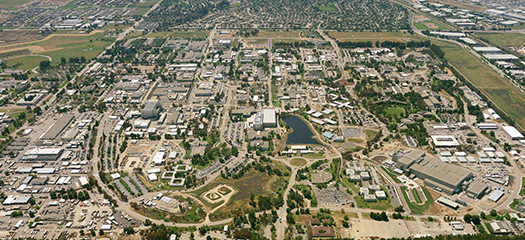LLNL Computing is home to world-class researchers in mathematics, computer science, and data sciences; preeminent facilities; and some of the most challenging problems in computational science. The convergence of these factors has proven to be the perfect blueprint for progress and innovation.
As a researcher in Computing, you’ll help LLNL confront epic challenges, such as supporting LLNL’s quest for fusion energy and other next-gen energy technologies, protecting against biological and cyber threats, and enhancing confidence in the nation’s nuclear stockpile.
Because we work at the bleeding edge of innovation, our work is always exciting. Our researchers work in interdisciplinary teams to write scientific software applications that evolve predictive science, unlock nature’s secrets via materials science simulations, provide insight into global warming, and prepare for natural disasters.
We're involved in nearly all aspects of this process, including the creation of highly complex physics models, advanced algorithms and libraries for key computational tasks, state-of-the-art tools that enable scientists to run their simulations on the largest computers in the world, and new visualization and analysis techniques that provide insight and knowledge discovery from massive data sets.
A job in Computing offers career stability, access to a worldwide network of brilliant thinkers and industry experts, and abundant travel opportunities. As a member of our team, you’ll be encouraged to get involved in the larger scientific community, including attending and presenting at conferences to share research and build your professional network, participating on national committees, and publishing the results of your research. We also offer an easy and lucrative path for patenting your discoveries.



